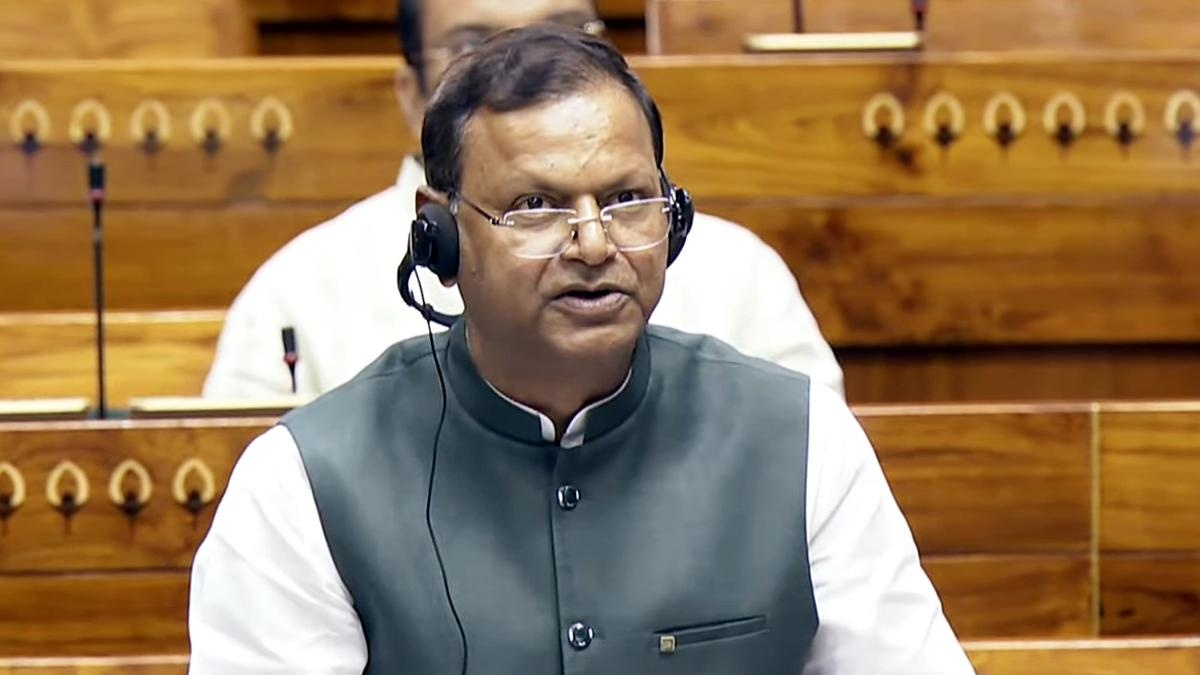
Government Delays Pay Commission Formation Amid Stakeholder Consultations
The Indian Union government has initiated a comprehensive consultation process to establish the 8th Central Pay Commission (CPC), a critical mechanism for revising the salaries of approximately 50 lakh central government employees and allowances for around 65 lakh pensioners. Following a Cabinet approval in January 2025, officials have sought input from key stakeholders, including the Ministry of Defence, Ministry of Home Affairs, Department of Personnel and Training (DoPT), and state governments. This collaborative approach aims to address complex challenges such as inflationary pressures and the need for equitable salary adjustments. Minister of Finance Pankaj Chaudhary emphasized that the delay in formalizing the commission is due to the extensive stakeholder engagement required to ensure the recommendations align with national priorities and administrative realities. The process underscores the government’s commitment to balancing fiscal responsibility with the welfare of public sector workers.
Pay Commission Timeline and Implementation Strategy
The formation of the 8th CPC is expected to follow a structured timeline, with the final recommendations slated for review by the government after the commission’s official notification. Once approved, the implementation of revised pay scales and dearness allowance (DA) adjustments will be rolled out to align with the commission’s findings. Typically, pay commissions are constituted every decade to address wage stagnation and inflationary impacts, with the 7th CPC’s recommendations implemented in 2016. The 8th CPC, set to take effect on January 1, 2026, will focus on modernizing compensation frameworks while addressing contemporary economic challenges. The government has reiterated that the DA, which compensates for inflation, will be recalibrated every six months based on prevailing inflation rates, ensuring real-time adjustments to employee purchasing power.
Stakeholder Collaboration and Policy Implications
The consultation process highlights the government’s emphasis on transparency and inclusivity in policy-making. By involving state governments and key ministries, the Union government aims to harmonize central and state-level compensation structures, particularly for employees in critical sectors like defence and homeland security. The Department of Personnel and Training’s role in this process is pivotal, as it ensures alignment with existing personnel policies and training frameworks. Analysts suggest that this collaborative model may lead to more nuanced recommendations, balancing the needs of different departments while maintaining fiscal discipline. The delayed formation of the 8th CPC also reflects the complexity of addressing a vast workforce spanning multiple states and administrative units.
Historical Context and Future Outlook
The 8th CPC’s formation follows a pattern of periodic reviews initiated in 1982, with the 7th CPC’s 2014 recommendations marking a significant overhaul of pay scales. The current process, however, is distinguished by its emphasis on inflation-linked adjustments and the integration of modern economic indicators. Experts note that the government’s decision to delay formalization until stakeholder inputs are consolidated may result in more robust recommendations, though it risks prolonging the timeline for salary revisions. The implementation of the 8th CPC’s findings is anticipated to address long-standing grievances related to wage disparities and inflationary erosion of real income, though challenges such as budgetary constraints and bureaucratic inertia may influence the final outcomes.
Impact on Employees and Pensioners
The 8th CPC’s recommendations are expected to significantly impact the livelihoods of central government employees and pensioners, who collectively form a substantial portion of the workforce. The commission’s focus on inflation-linked adjustments will directly affect the dearness allowance, which has been a critical component of compensation for decades. For pensioners, the revised allowances could provide much-needed relief against the rising cost of living. However, the delayed implementation raises concerns about the immediate financial stability of affected individuals. The government’s commitment to transparency, as evidenced by the stakeholder consultations, may mitigate some of these concerns, though the final outcomes will depend on the balance struck between fiscal responsibility and employee welfare.




